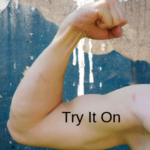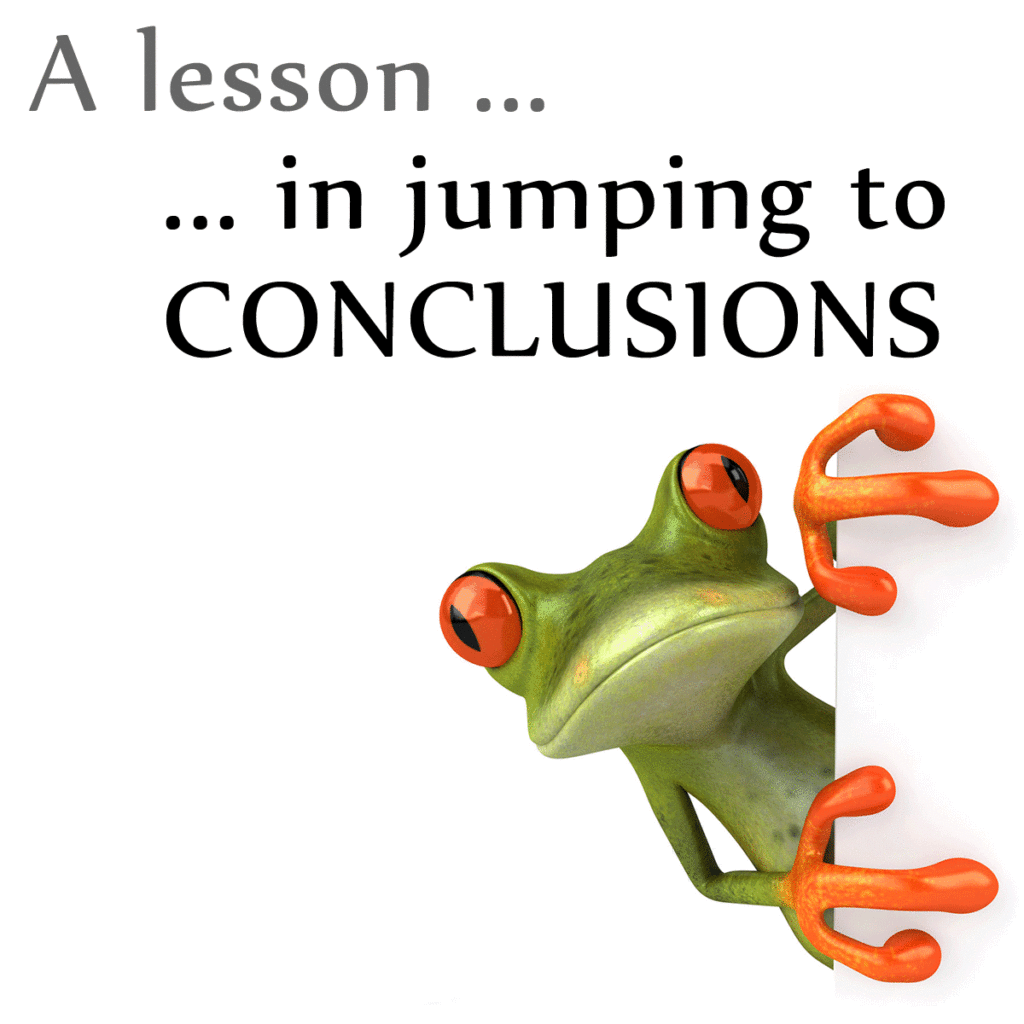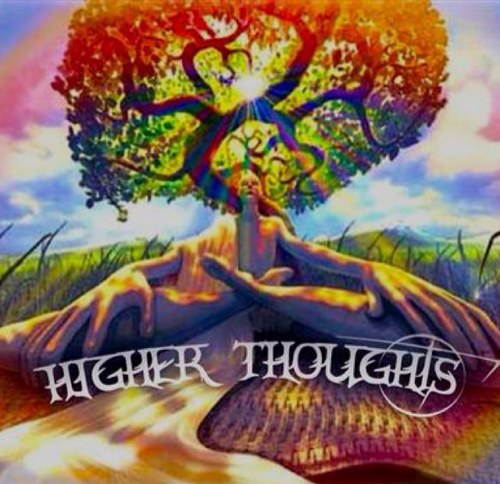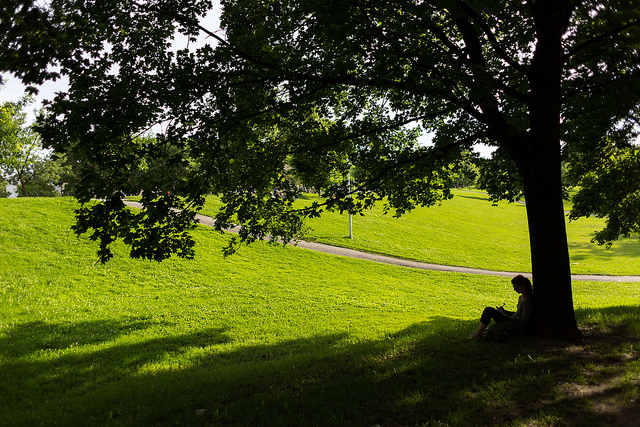“Learning how to think really means learning how to exercise some control over how and what you think.”
—David Foster Wallace, late American writer and university professor

Image from Unsplash by Thought Catalog
In late January, we reached our 2,000th Quotable Coach post, which represents eight years of Monday-thru-Friday posts to you, our loyal readers.
Beyond making these nuggets of wisdom available to others, this daily exercise is part of my own cerebral workout for my mental muscles.
Posing a wide variety of questions to you (and to myself) has increased my self-awareness and ability to guide my life professionally and personally for the better.
Thank You!
EXERCISE:
In the weeks and months ahead, please consider replying to at least one post that assists you in your own thinking efforts.
A weekly reply would be great!
Please also consider sharing The Quotable Coach resource with others in your communities who might also wish to exercise greater control over how and what they think.











